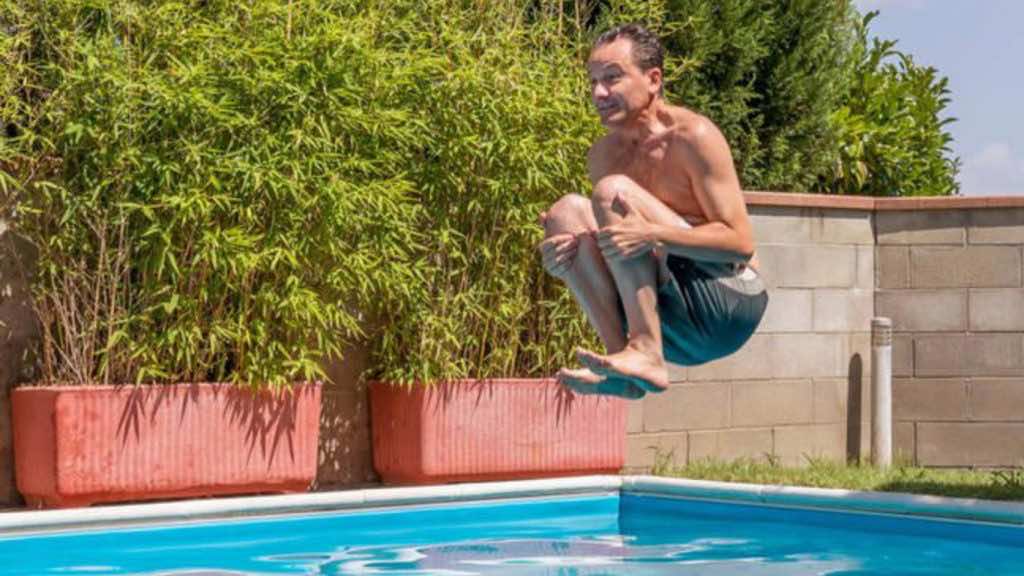AI software has detected more than 20,000 secret private swimming pools in aerial photography, which has helped French tax officials acquire about €10 million (£ 8.6 million) in extra property levies.
Home improvements like having a loft or a pool enhance the value of a property and increase the taxes that homeowners are liable to pay in the Euro nation. A 30-square-meter pool, for example, could come with an extra €200 (£170) a year. People are supposed to declare these kinds of constructions legally. However, some omit the details to evade paying tax.
To catch these people, nine departments from France’s tax office tested out machine-learning software to automatically find undeclared swimming pools from overhead photos. The software analyzed aerial images, scanning for telltale signs of pools such as blue rectangles in backyards. Officials used the code to identify homes with these pools, determined their addresses, and checked whether they have been reported or not by looking at a database.
The software has revealed 20,356 secret lagoons so far, amounting to €10 million in unpaid tax that French authorities can now get. The same method will be used for the whole country.
The software was developed by Google and Capgemini and was reported to have a 30 percent error rate in April. Arrays of solar panels could confuse the computer-vision software, causing it to flag false positives, and sometimes it would fail to detect swimming pools if they were bathed in shadows or covered by trees.
“We are particularly targeting house extensions like verandas, but we have to be sure that the software can find buildings with a large footprint and not the dog kennel or the children’s playhouse,” Antoine Magnant, the deputy director general of public finances, told Le Parisien newspaper, according to The Guardian.
Detecting hidden extensions or annexes of buildings is more difficult, however, and the software can’t differentiate them from more benign objects, such as tents or tarpaulins. “This is our second stage of research and will also allow us to verify if a property is empty and should no longer be taxed,” Magnant added.

